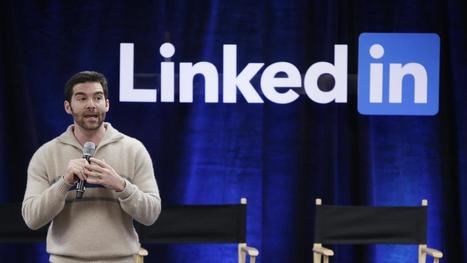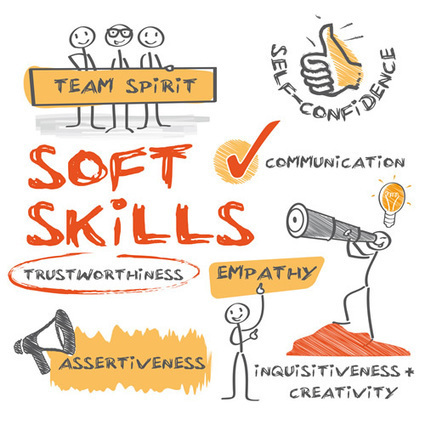We’ve heard it before. The world of work is changing and at a rapid rate. So whether you’re an educator or parent, preparing young people for the world of work comes with a myriad of challenges.
Researchers, futurists and those in the human resource profession agree that the future world of work will be influenced by things like technology, globalisation and population ageing. But it is soft skills – also known as human, life or employability skills – that are deemed by professionals to be as important, if not more so, than hard or technical skills in the modern day workplace.
The irony is, soft skills are actually really hard to develop. To get good at them takes time and lots and lots of practice. It’s the development of these soft skills in a schools context that I will talk about in this blog.
Research and publish the best content.
Get Started for FREE
Sign up with Facebook Sign up with X
I don't have a Facebook or a X account
Already have an account: Login
News, reviews, resources for AI, iTech, MakerEd, Coding and more ....
Curated by
John Evans
 Your new post is loading... Your new post is loading...
 Your new post is loading... Your new post is loading...
|
|
















